Global Markets React to Ceasefire Amid Iran Tensions
World shares surged following Trump's announcement of a ceasefire in the Israel-Iran conflict, impacting oil prices and easing concerns over the Strait of Hormuz.





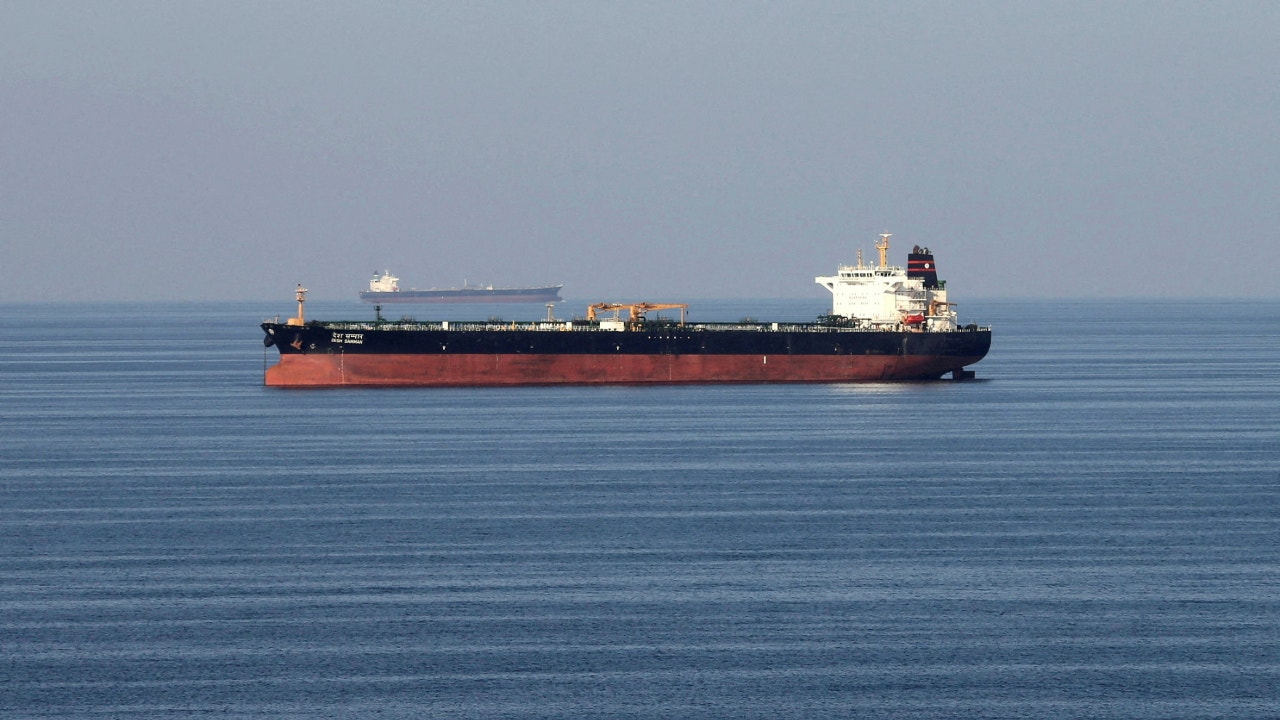
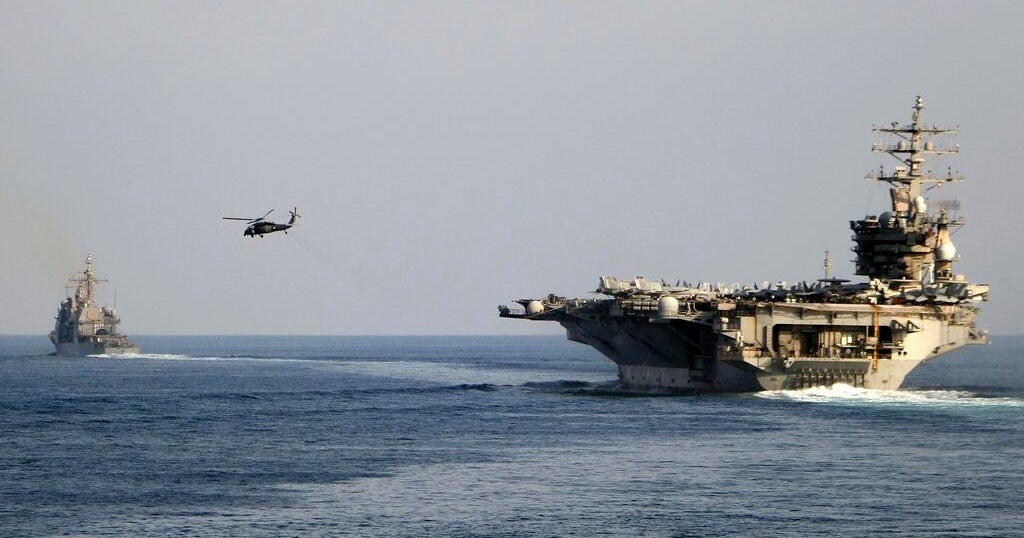



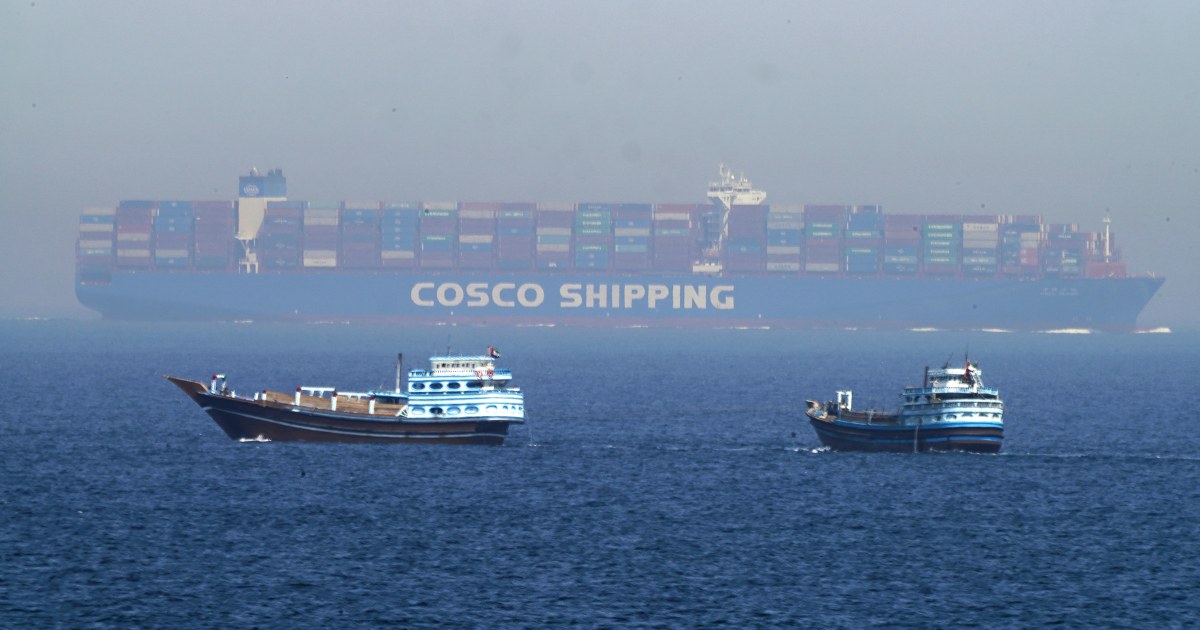


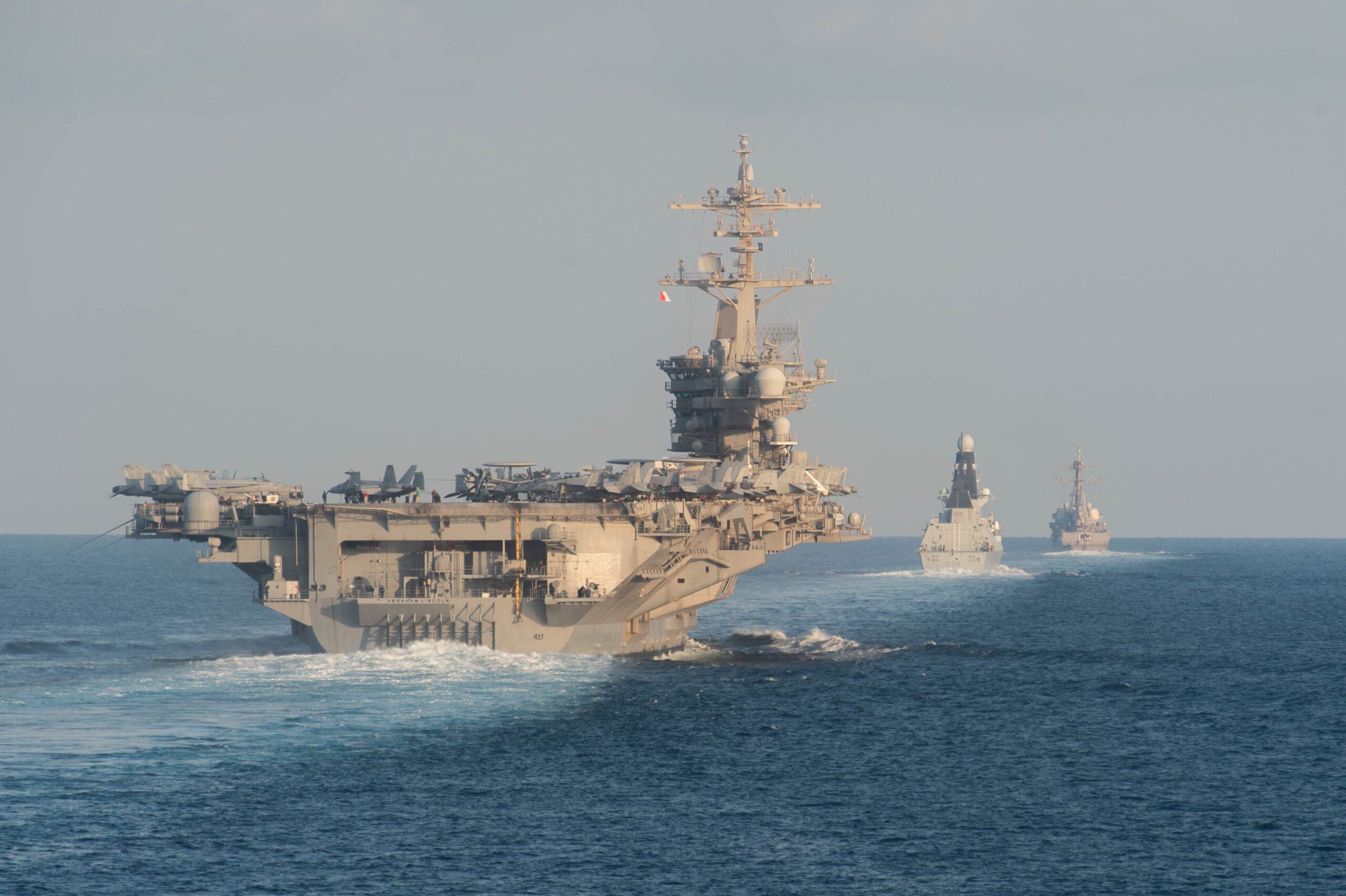
Overview
- Iran's parliament considered closing the Strait of Hormuz due to U.S. military actions, threatening 20% of global oil supply.
- Trump's announcement of a ceasefire in the Israel-Iran war led to a rally in world shares and a drop in oil prices.
- UK and European stock markets saw significant gains, with Germany's DAX up 2.2% and the CAC 40 rising by 1.4%.
- Despite previous tensions, West Texas Intermediate oil prices fell to $68.51 per barrel, reflecting investor sentiment.
- Global leaders remain watchful of the situation, with U.S. intervention likely to ensure the safety of shipping routes in the region.
Content generated by AI—learn more or report issue.

Get both sides in 5 minutes with our daily newsletter.
Analysis
Left-leaning sources frame the situation with a critical lens on U.S. military actions, emphasizing the complexities of international relations and the potential for escalation. They highlight Iran's responses and advocate for diplomatic solutions, reflecting a bias towards caution and a preference for dialogue over military intervention.
Iran's parliament voted to close the strategic Hormuz shipping channel in response to Donald Trump's actions against the country.
The Middle East has been volatile since October 2023 due to Hamas militants entering Israel, leading to a weakened Axis of Resistance in Iran.
U.K. Foreign Secretary David Lammy called on Iran to engage in immediate and serious negotiations with the U.S.
Iran has threatened to close the Strait of Hormuz in the past, impacting global trade and oil prices, but has never actually done so.
Escalating conflict could lead to skyrocketing inflation, hindering central banks' ability to cut interest rates and potentially causing a global recession.
Goldman Sachs predicts that Brent oil prices could briefly reach $110 per barrel if oil flows through the Strait of Hormuz were to drop by half for a month and remain 10% lower for the next 11 months.
A significant portion of global oil consumption passes through the strategic Strait of Hormuz, connecting the Persian Gulf to the Gulf of Oman and beyond.
Closing the strait could cause an oil supply shock, drive up energy prices, increase inflation, and negatively impact economic growth, while also directly impacting Trump through an oil price spike.
Investors and traders are facing increased geopolitical risks and uncertainty due to events this year, including changing tariffs, mixed economic signals, and escalating conflicts in the Middle East, which could impact the economy, oil prices, inflation, and interest rates.
Closing the strait would cause significant market turmoil, particularly impacting China and other Asian economies.
Oil prices in the U.S. and globally have increased significantly in June, with U.S. prices reaching $75 per barrel and Brent crude selling for $77, representing a 23% and 10% jump respectively.
President Donald Trump's surprise attack on three of Iran's nuclear sites has raised concerns about escalating tensions in the Middle East.
U.S. benchmark crude oil prices increased, with the price reaching $76.16 per barrel.
Approximately 20 million barrels of oil, or one-fifth of the world's daily consumption, pass through the Strait of Hormuz daily.
Center-leaning sources frame the situation with a focus on market reactions to geopolitical events, often highlighting optimism in stock performance following announcements of ceasefires. Implicit skepticism about the stability of these agreements is evident, reflecting a cautious perspective on the interplay between politics and economic stability.
European stock markets experienced mixed results, with Germany's DAX and France's CAC 40 seeing gains, while the UK's FTSE 100, Germany's DAX, and France's CAC 40 all saw losses.
There is concern that Iran may close the Strait of Hormuz, potentially impacting access to the waterway.
Iran blocking the Strait of Hormuz could cause oil prices to temporarily rise to $120-$130 per barrel.
Closing the Strait of Hormuz would cause a substantial increase in oil prices.
The Strait of Hormuz is a critical global shipping lane responsible for facilitating the transit of a significant portion of global petroleum products and oil shipments.
Closure of the strait would significantly impact China, Iran's largest trading partner and main oil customer, as well as harm Iran's economy and global oil buyers like China.
The S&P 500 future increased by 1% and the Dow Jones Industrial Average future decreased by 0.1%.
Asian markets saw Tokyo's Nikkei 225 rise by 1.1% and Hong Kong's Hang Seng gain 2.1%.
The 10-year Treasury yield remained unchanged at 4.33%.
Recent price spikes were driven by concerns over potential Iranian blockades of the Strait of Hormuz, a key oil shipping route.
Higher oil prices have the potential to negatively impact the economy and ignite inflation concerns.
Interruptions in oil flow through the strait would have severe market impacts on China, India, Japan, and South Korea.
The Strait of Hormuz is a crucial oil transportation route.
Closing the deal could have negative consequences for Iran.
In 2024, approximately 20 million barrels of oil per day, equivalent to 20% of global oil consumption, transited through the strait.
Europe and potentially China would likely support US intervention to reopen the strait.
The majority of oil imported through the strait goes to Asia, particularly East Asia.
Global markets remained calm following the U.S. strike on nuclear targets in Iran, with investors monitoring Iran's response.
The price of oil initially rose over 2% but later fell, ending with a gain of about 1%.
Global stock markets were mixed with U.S. stock futures fluctuating and benchmarks in Europe and Asia mostly lower.
The outcome of the situation depends on Tehran's choice between a restrained or aggressive reaction.
The US conducted airstrikes on three Iranian nuclear sites.
China strongly condemns the U.S. attack on Iran as a serious violation of international law and the UN Charter.
Brent and WTI have both increased in value since June 13, with Brent rising 13% and WTI gaining around 10%, while tanker earnings have surged by almost 90% since the start of airstrikes.
Stock market futures declined with Dow futures falling 0.36% and Nasdaq 100 futures dropping 0.7%.
Oil prices surged on Sunday night at the start of trading, but quickly retreated as speculation arose about Iran's actions regarding the Strait of Hormuz, resulting in a 4-5% increase followed by a slight decrease.
Iran's threat to close the Strait of Hormuz could severely impact global oil supply, as it is a vital trade route through which one-fifth of the world's daily oil flows.
Global stock markets surged following President Trump's announcement of a ceasefire in the Israel-Iran conflict.
Iran retaliated against the U.S. by launching missile attacks on a military base in Qatar following U.S. strikes on Iran's nuclear program.
U.S. attacks on three Iranian sites escalated tensions in the Israel-Iran war and raised questions about Tehran's nuclear program.
President Trump is urging oil-producing economies to increase production in response to volatile crude prices.
President Trump claims that US air strikes have completely destroyed Iran's nuclear program, joining the conflict between Iran and Israel and describing the damage as monumental.
Trump urged increased production while the White House issued stern warnings to Iran about closing the Strait of Hormuz.
Iran strongly criticized the U.S. for crossing a significant red line in their recent strikes.
The U.S. strikes targeted Iranian nuclear facilities at Fordo, Natanz, and Isfahan.
The price of Brent crude oil increased by around 3% to $79.60 per barrel.
An Israeli attack against Iran on June 13 has caused oil prices to fluctuate and raised concerns about market stability, with America's involvement likely to further impact prices.
Global markets are reacting with slight increases in U.S. stock futures and rising oil prices following a surprise U.S. strike on Iran, with investors showing concern about potential economic fallout.
Iran is a significant oil producer located on the narrow Strait of Hormuz, a crucial transit channel for a large portion of the world's crude oil.
Stock market futures for major indices, including the S&P 500, Nasdaq, and Dow Jones, experienced declines ranging from 0.39% to 0.6% in early trading.
Iran's parliament has approved closing the Strait of Hormuz, a crucial shipping lane for 20% of global oil and gas.
Secretary of State Marco Rubio has urged China to prevent Iran from closing the Strait of Hormuz.
Marco Rubio and other U.S. officials have warned Iran that closing the strait would be 'economic suicide' and have called on China to intervene.
Right-leaning sources frame the situation as stable and untroubled, emphasizing calm market reactions despite military actions. They suggest a disconnect between geopolitical events and economic impacts, reflecting a perspective that downplays potential crises and reinforces confidence in market resilience, potentially indicating a bias towards optimism in economic narratives.
The Iranian parliament has approved a measure to potentially close the Strait of Hormuz in response to attacks on its nuclear sites.
Iran has threatened to close the Strait of Hormuz in response to U.S. and Israeli attacks on Iranian nuclear facilities.
In 2024, the Energy Information Administration reported that the Strait of Hormuz accounted for a significant portion of both global liquefied natural gas and seaborne oil trade.
China, India, Japan, and South Korea are the top destinations for crude oil moving through the Strait of Hormuz to Asia, making them the most dependent countries on oil transported through the strait.
The critical waterway of the Strait of Hormuz connects the Persian Gulf with the Gulf of Oman and the Arabian Sea, bordered by Iran to the north and Oman and the United Arab Emirates to the south.
The S&P 500 rose to 5,985.98, gaining 0.5% in morning trading.
Oil prices experienced a significant decline, with U.S. benchmark oil dropping by 6.1% to $69.34, U.S. crude oil falling by 4.1%, and Brent crude oil prices decreasing by 4.35%, but rebounding slightly to $73.15 by Monday morning.
Articles (74)
"…Oil prices are set on a global market, but in Trump’s mind, the consequences of committing an act of war against a global oil-baron can be staved off with a stern Truth Social post."

"…Faced with higher inflation, the Federal Reserve would likely scrap plans for cutting interest rates."

"…Trump's decision to carry out strikes has radically limited both his options and the chances of de-escalation."

"…Trump urged stepped-up production as the White House sharpened its warnings to Iran against closing the Strait of Hormuz, a vital oil and gas shipping lane, in retaliation for the U.S. strikes on Iran’s nuclear program."

"…European diplomatic efforts were complicated by a lack of foreknowledge of the Trump administration’s moves."

"…The decision to attack was a risky one for Trump, who won the White House partly on the promise of keeping America out of costly foreign conflicts."

"…The modest moves indicate markets are taking the latest development in stride."

"…A decision to retaliate against the U.S. and its regional allies would give Iran a far larger target bank and one that is much closer than Israel, allowing it to potentially use its missiles and drones to greater effect."

"…Oil prices dropped sharply after Iran’s retaliatory missile strike on a US airbase reduced concern that the country was poised to strain energy markets by closing off a vital trade route."
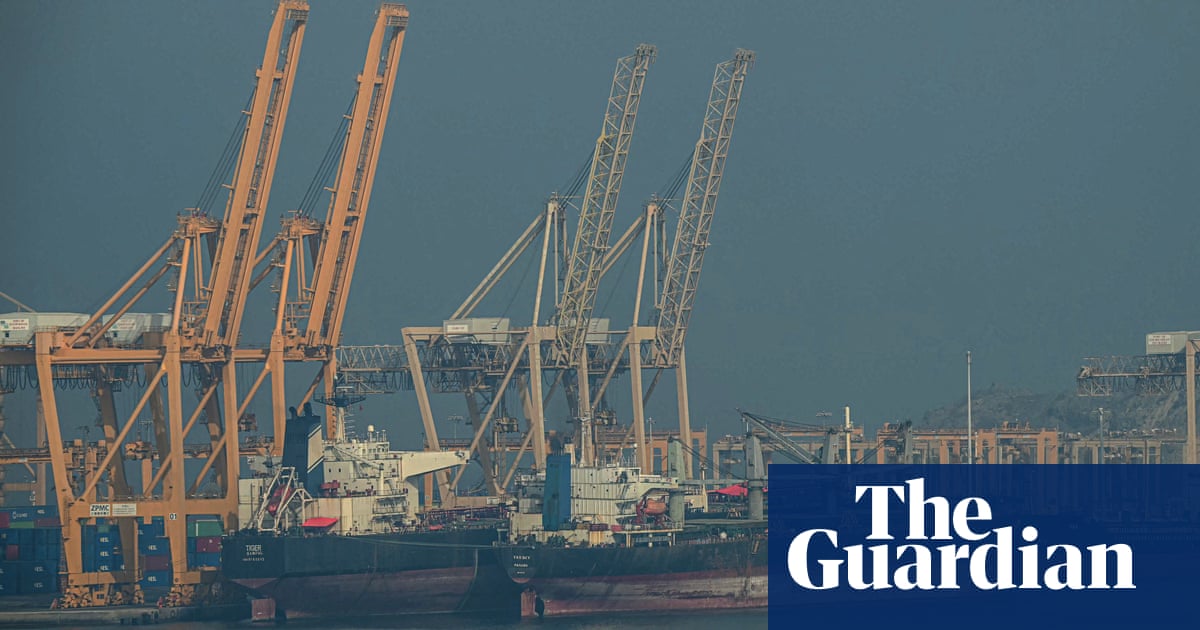
"…Any action to blockade their straits of Hormuz would be a monumental act of self-harm, making a diplomatic solution even harder."

"…Goldman’s baseline assumption is that that physical disruptions to Iran supply and regional oil and gas production and shipping are avoided; in that scenario, Brent crude falls to $60/barrel by the end of the year."

"…US strikes on Iran could damage global economic growth, the head of the International Monetary Fund has warned."
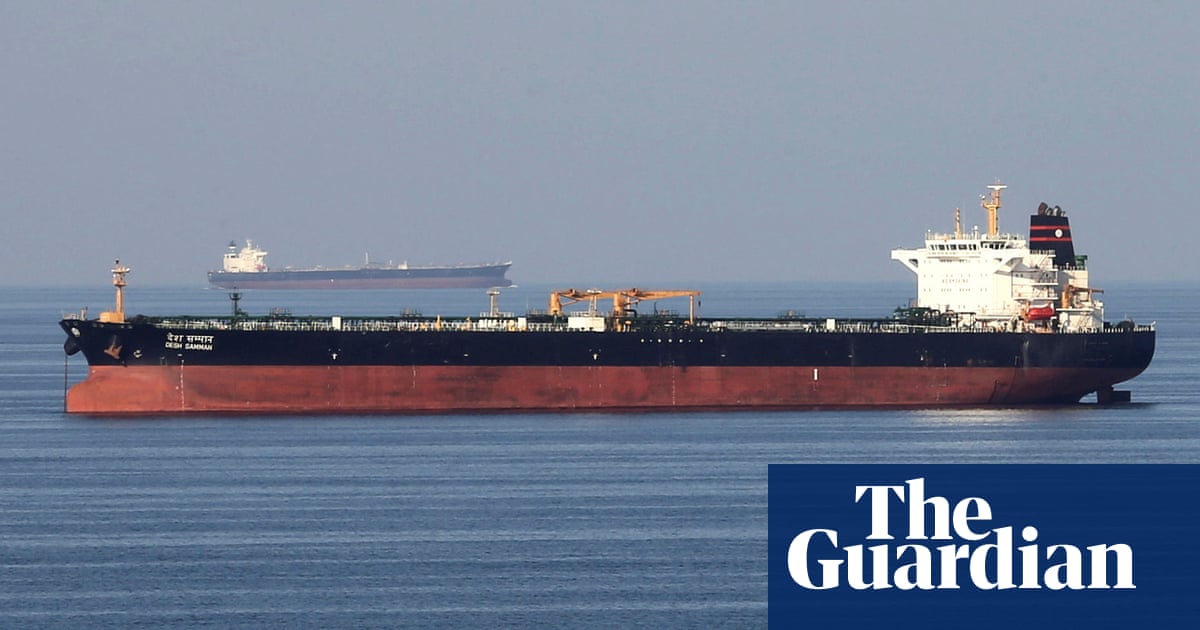
"…The economy is already pretty sluggish, and having to fork out an extra $15 a week, or $780 a year, would start to be quite a drag on consumer spending."

"…The world is now bracing for Iran’s response."
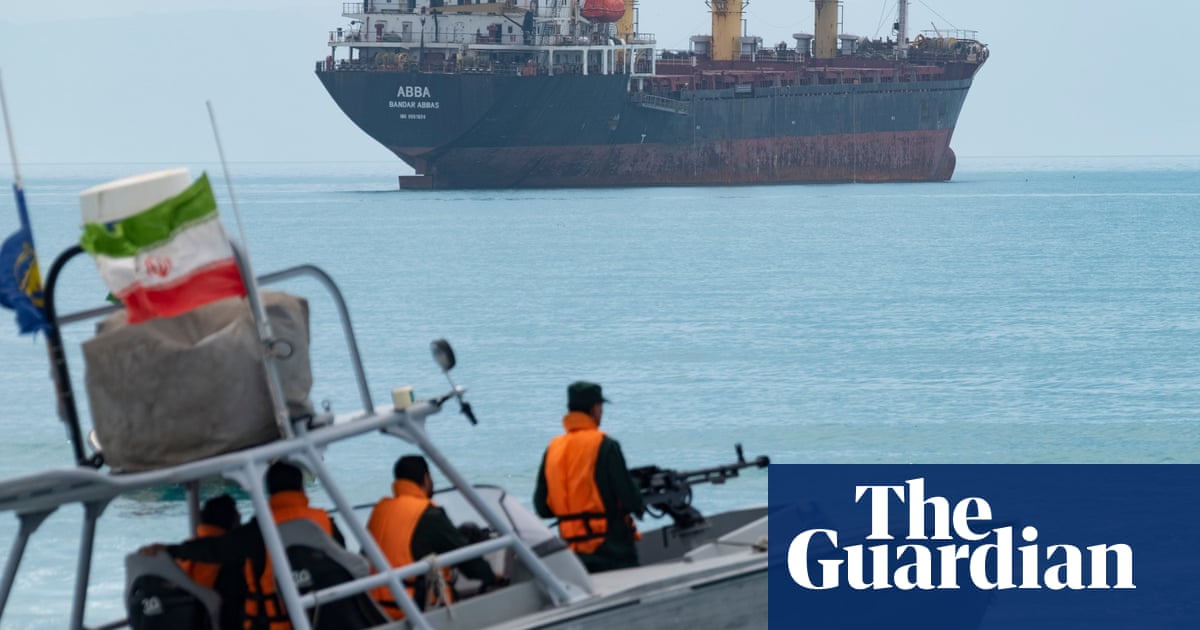
"…A prolonged closure could have huge knock-on effects for the global economy."

"…The Atomic Energy Organization of Iran insists the US attacks won’t affect its work – and that the nuclear material had already been removed."

"…Tehran has vowed to respond, prompting fears of escalation."

"…The region and the wider world watched warily as events unfolded overnight into Tuesday, but with a degree of hope as daylight broke in the region that what US President Donald Trump called the “12 Day War” may be over."
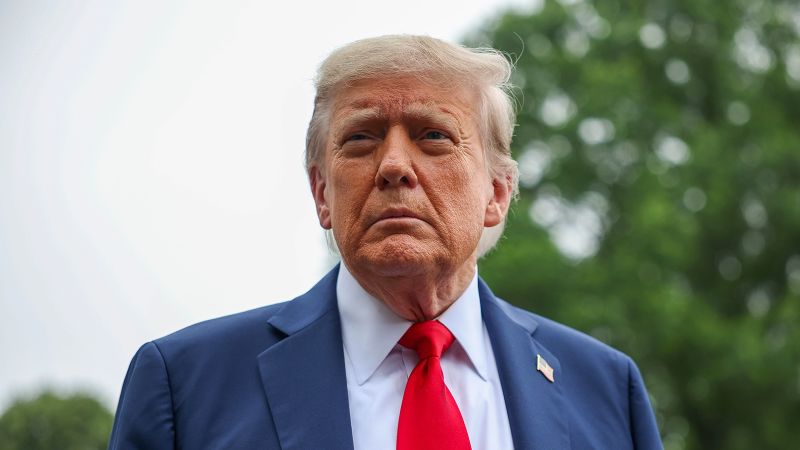
"…In the meantime, Wall Street is acting like it went to bed Friday, slept straight through the weekend and woke up Monday morning as if nothing happened."

"…A functioning Strait of Hormuz is “absolutely essential” to the health of the global economy."
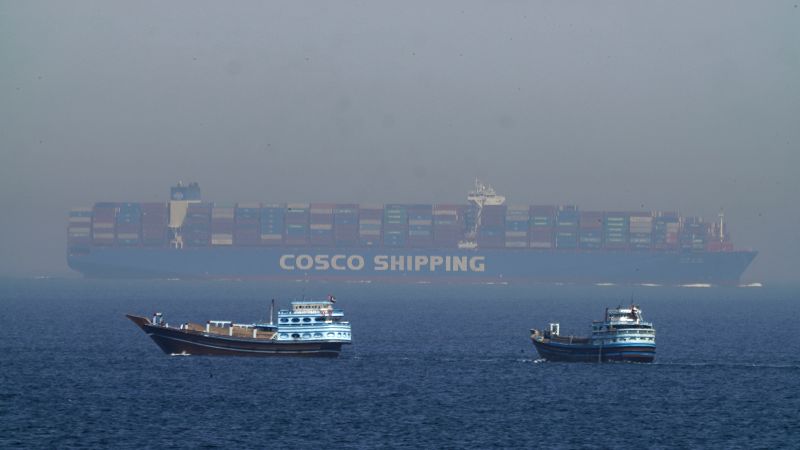
"…American consumers may soon feel a price shock at the pump."
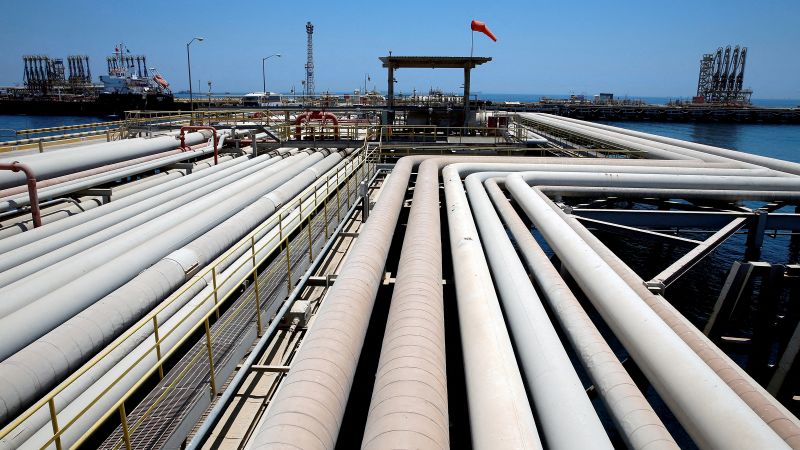
"…The blow would be particularly severe for Asia, for whom the crude oil and gas that pass through the strait represents up to 75% of its consumption."
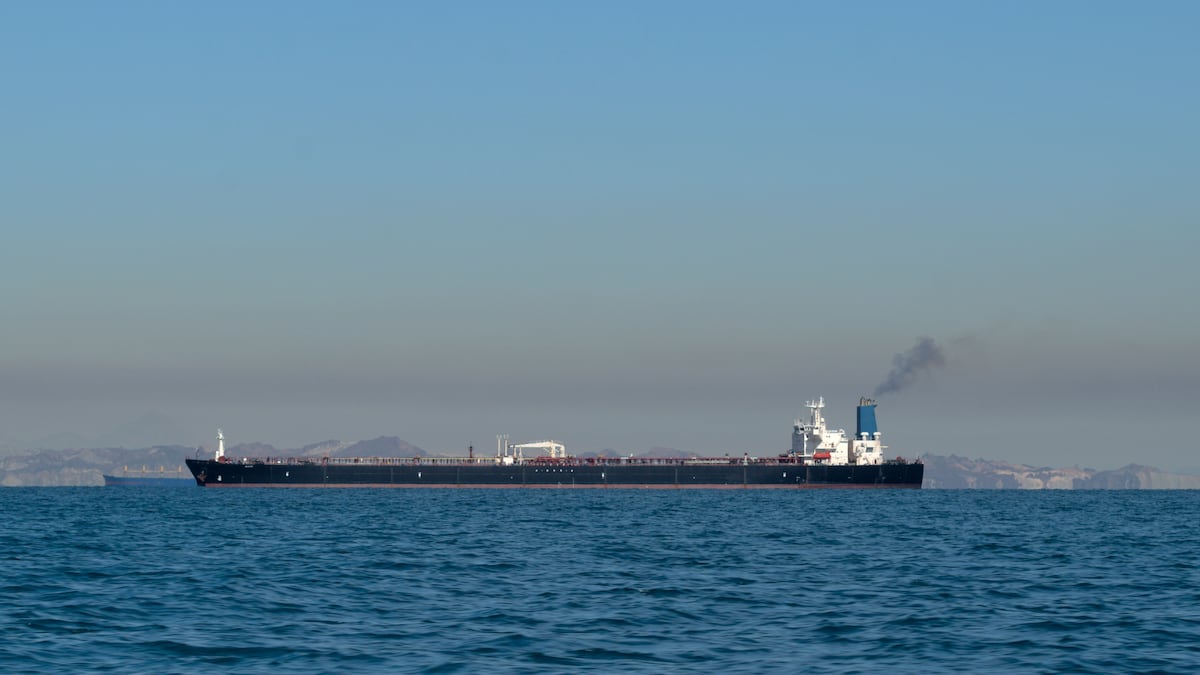
"…The current oil price is still the highest since late January — but is only slightly below the overall average seen since 2023."
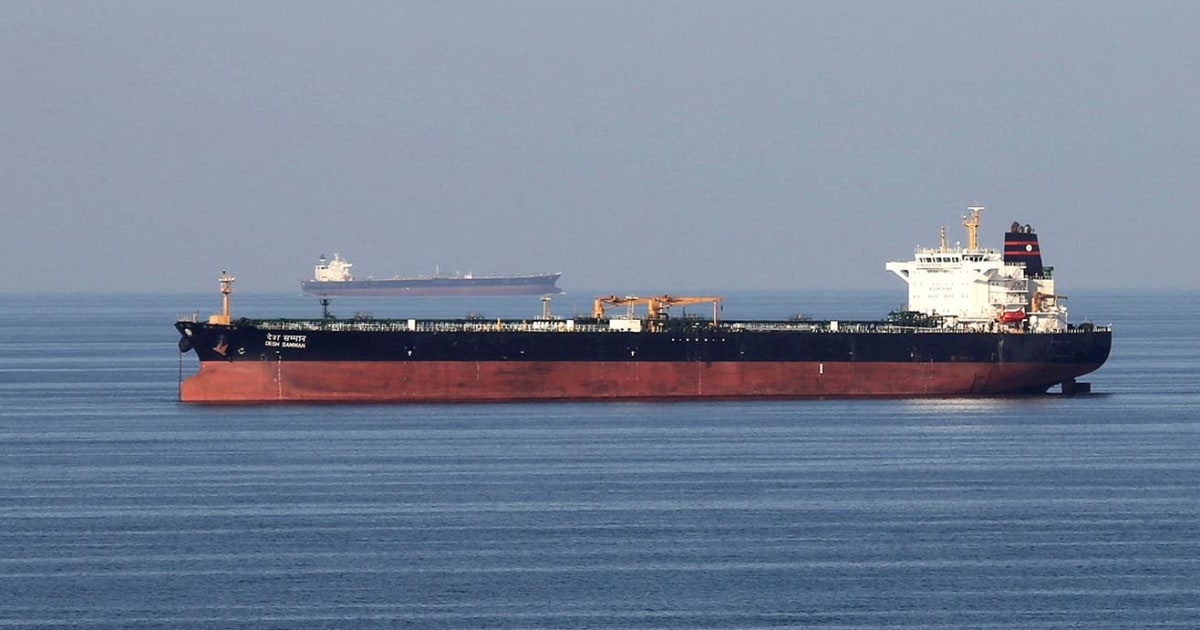
"…The weekend strike, dubbed Operation Midnight Hammer, targeted Iranian nuclear facilities: Fordo, Natanz and Isfahan."

"…The decision to close the waterway now rests with the country’s national security council, and its possibility has raised the specter of higher energy prices and aggravated geopolitical tensions, with Washington calling upon Beijing to prevent the strait’s closure."

"…Concerns centered on whether Iran would begin limiting or shutting down access to the strait."
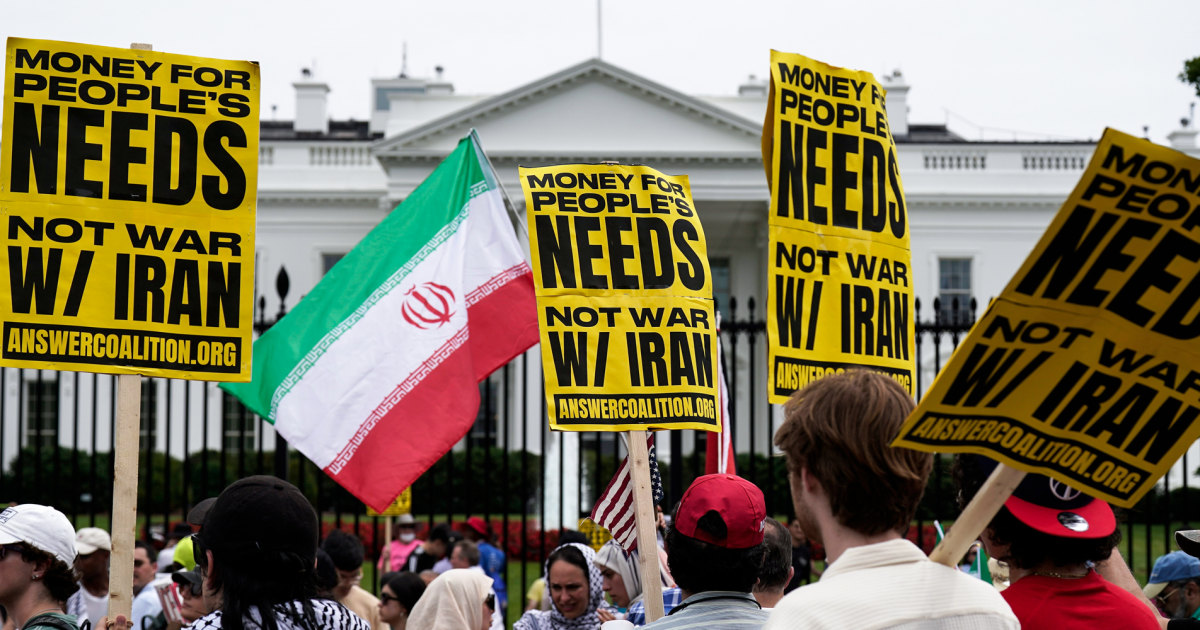
"…The few days are of particular concern, according to two defense officials and a senior White House official."
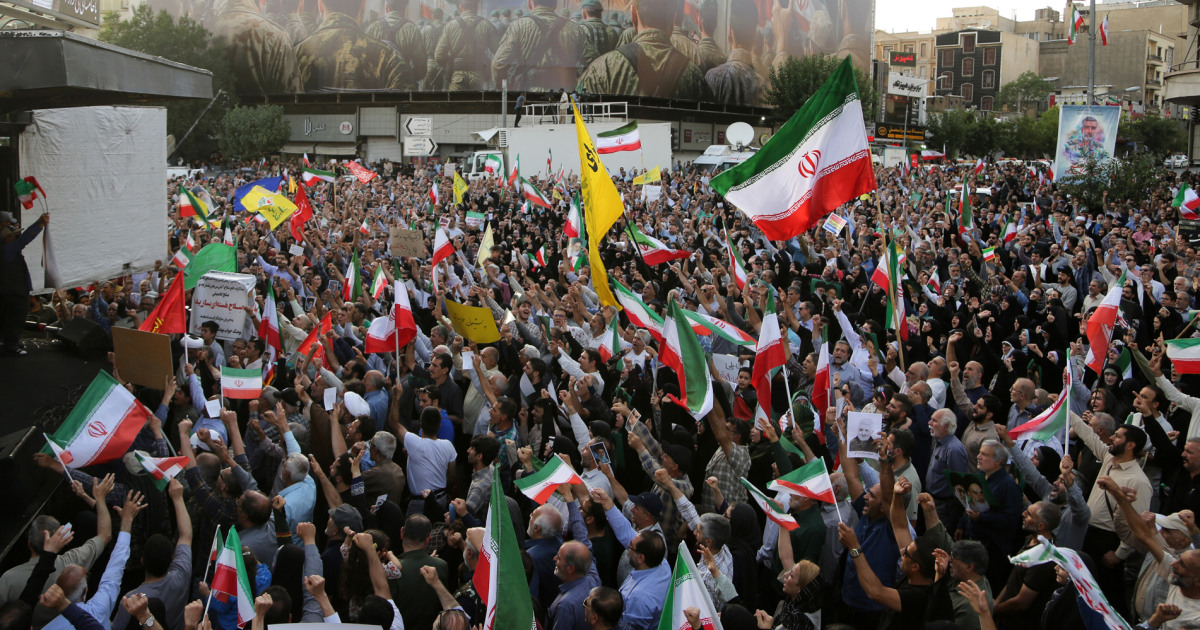
"…The decision to attack was a risky one for Trump, who won the White House partly on the promise of keeping America out of costly foreign conflicts."

"…The world has held a close eye on the Strait of Hormuz lately with Israeli and U.S. strikes on Iran."

"…Oil prices will be in the spotlight in coming days and weeks as the world awaits Iran’s response to surprise U.S. attacks over the weekend."
"…Overall, there was no sign of panic."

"…U.S. stock futures are slightly higher as the world waits to see if Iran retaliates after a surprise U.S. strike on Iran over the weekend."

"…Oil prices surged to their highest levels since January following joint U.S.-Israeli attacks on Iran's nuclear facilities."

"…Any shock to financial markets and disruption of American consumers’ expectations for the summer months comes as the overall economy is weakening quickly."

"…If the Strait of Hormuz were closed, the impact would be felt across the globe, especially at the gas station."
"…The price of oil jumped 4% shortly after trading began on Sunday night, but it quickly pared back as the focus shifted from what the U.S. military did to how Iran would react."

"…Closing the strait would cut off Iran's own oil exports."

"…US stocks open with small losses and the price of oil is up slightly as markets watch for Iran's response to US strike."

"…The situation remains highly fluid, and much hinges on whether Tehran opts for a restrained reaction or a more aggressive course of action."

"…Several close U.S. allies urged a return to the negotiating table following American strikes on Iran that fueled fears of a wider conflict, while noting the threat posed by Tehran’s nuclear program."

"…Although energy experts believe a closure of the Strait is unlikely, noting the adverse economic and geopolitical impact on Iran, they underline that a disruption to the flow of oil through the passage would send energy prices soaring."

"…Iran vowed retaliation against the United States for the Trump administration's surprising bombings of the Islamic republic's top three nuclear sites over the weekend."

"…The strikes have ignited concerns about possible Iranian retaliation and what form such responses could take."
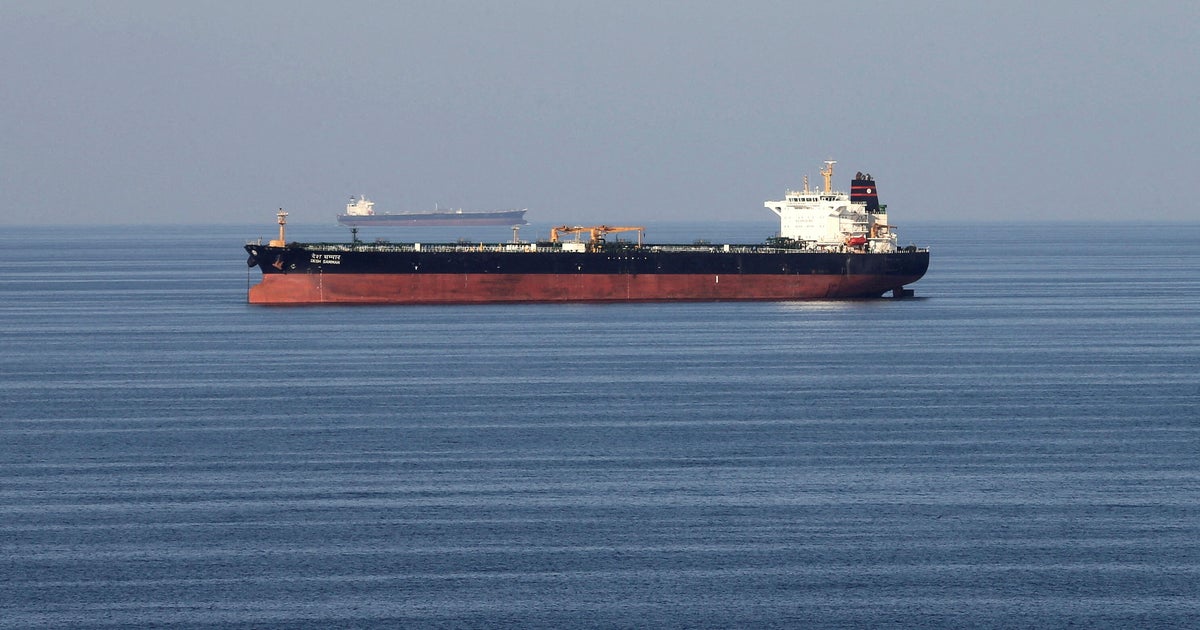
"…Many analysts see an Iranian closure of the strait as unlikely since doing so would devastate its own economy in the process and trigger a potentially catastrophic response from the U.S."

"…The direct involvement in offensive operations—which included massive “bunker busters” dropped from stealth bombers—in what had been a conflict primarily between Israel and Iran still marked a major escalation."

"…The shipping industry was placed on high alert on Sunday with warnings that Tehran could retaliate against commercial vessels following US airstrikes against Iran’s nuclear facilities."

"…Still, investors took heart after Trump said Israel and Iran had agreed to a “complete and total ceasefire” soon after Iran launched limited missile attacks Monday on a U.S. military base in Qatar, retaliating for the American bombing of its nuclear sites over the weekend."
"…The price of West Texas Intermediate, the U.S. benchmark, fell 7.2% to $68.51 per barrel on Monday after Iran announced a missile attack on Al Udeid Air Base in Qatar, which the U.S. military uses."
"…European nations worked to keep diplomatic efforts to curb the Israel-Iran war alive as the two countries traded strikes following the United States’ weekend attack on Iran’s nuclear program."
"…Closing the strait would cut off Iran’s own oil exports."
"…The push by Trump comes at an uncertain moment as U.S. embassies and military installations in the Middle East are on high alert for potential retaliation."
"…Oil prices tumbled by nearly 5% on Tuesday after Israel agreed to a ceasefire with Iran after nearly two weeks of conflict."
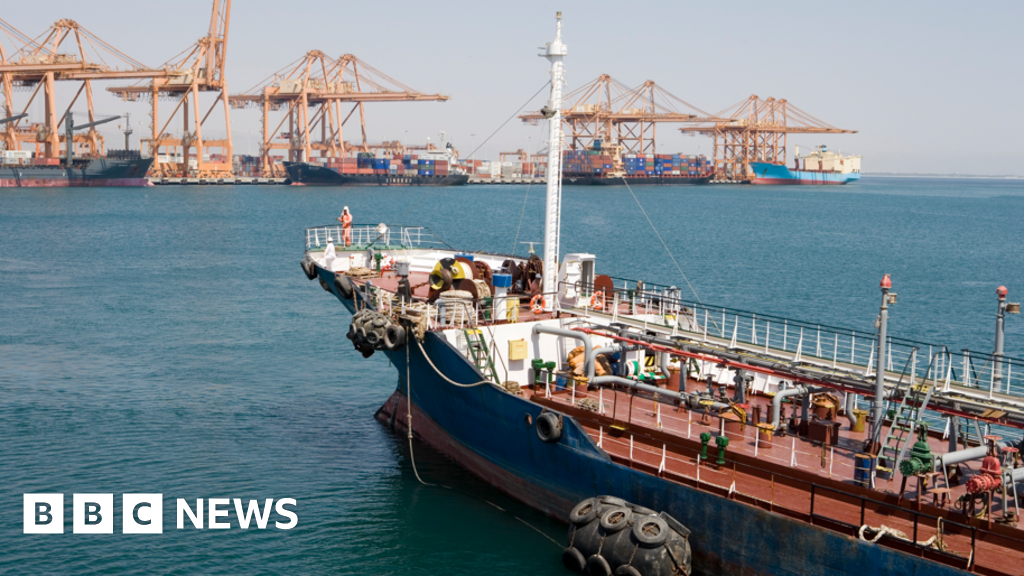
"…Any attempt to disrupt operations in the Strait could send global oil prices skyrocketing."
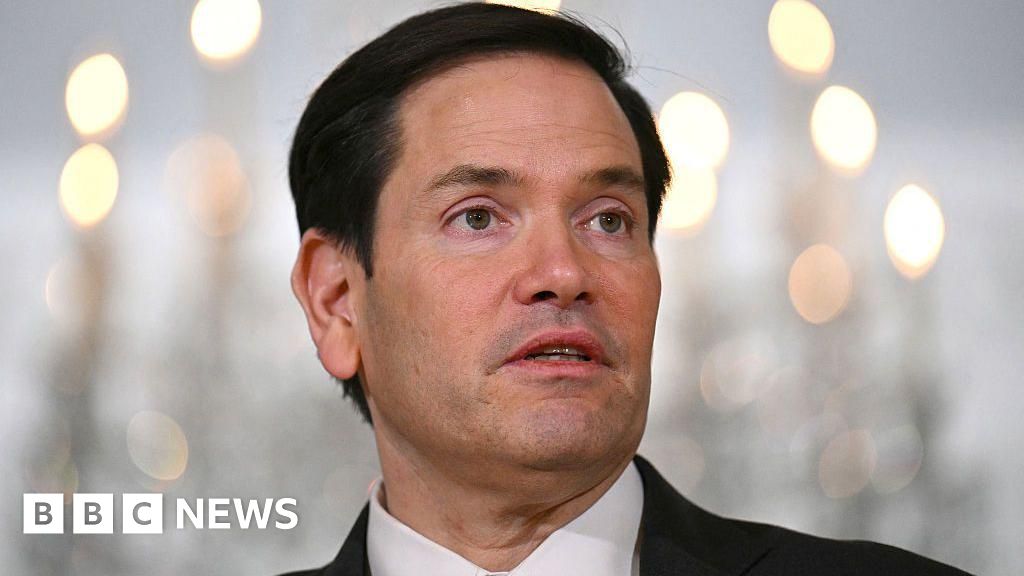
"…The US's military strikes on Tehran's nuclear sites have provoked alarm in capitals around the world, marking a significant escalation in tensions between the two nations."

"…Amid the potential threats to energy supplies in the Strait of Hormuz, domestic energy production in the U.S. has helped reduce the reliance of the American economy on energy sourced from the Middle East, insulating it from prospective price shocks and potential worst-case scenarios in which surging oil prices could stifle the economy."
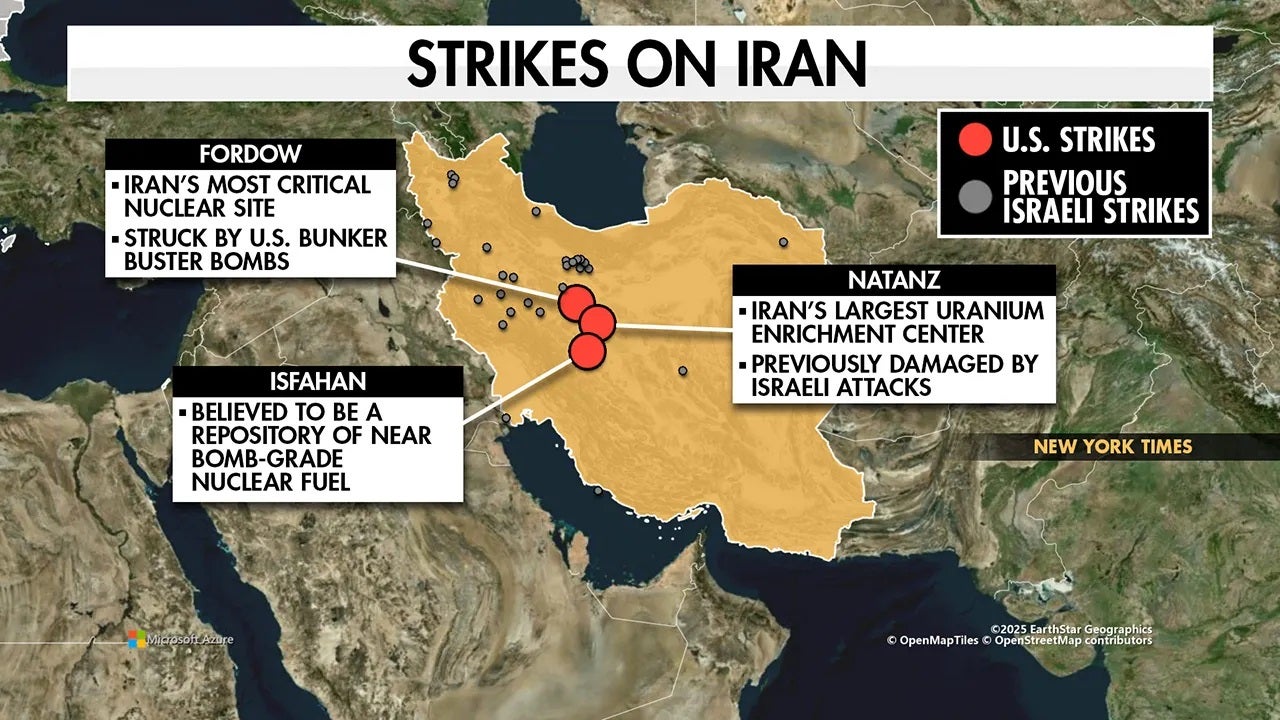
"…Continued incorrect/false rumors talk about an incoming massive spike to [gas prices], this is erroneous. Incorrect on the highest order."

"…Iran has warned that it may attempt to close the Strait of Hormuz as retaliation for the U.S. joining Israel's strikes on Iranian nuclear facilities."

"…Motorists will likely continue seeing a slow but steady increase in gas prices for now."

"…In the event of some sort of unforeseen event or effects from these strikes, we will see a little bit of buffer and protection here in the United States."
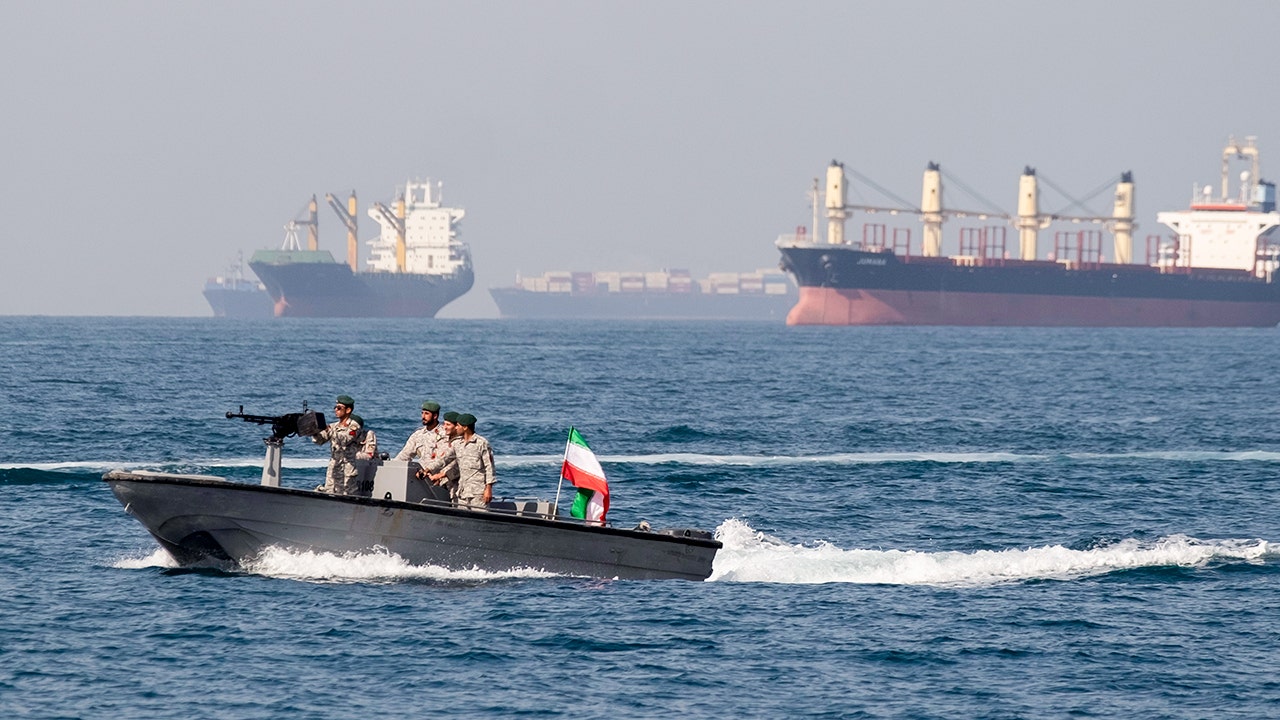
"…A growing number of cargo ships are said to be steering clear of the Strait of Hormuz, the vital artery for global oil and gas shipments, as tensions spike in the Middle East following US airstrikes on Iranian nuclear sites."

"…The broader market is likely to view the Iran threat as receding after the strike."

"…The calming in the oil market came as several analysts said Iran would likely not close the waterway."

"…Crude oil prices in the United States dropped significantly on Monday — even after Iran retaliated against America’s attack on its nuclear facilities by launching missiles toward American military bases in Qatar and Iraq."
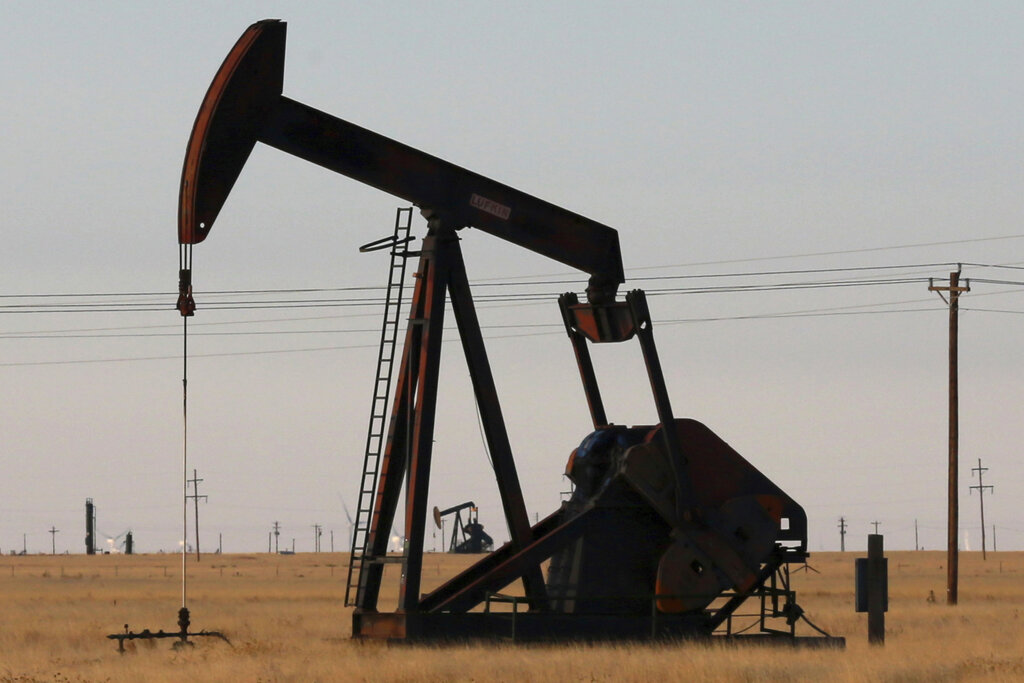
"…Mr. Trump played it right."

"…America’s entry into the Iran-Israel conflict early Sunday morning appears, on the surface, to be a triumph for the hawkish wing of the GOP."
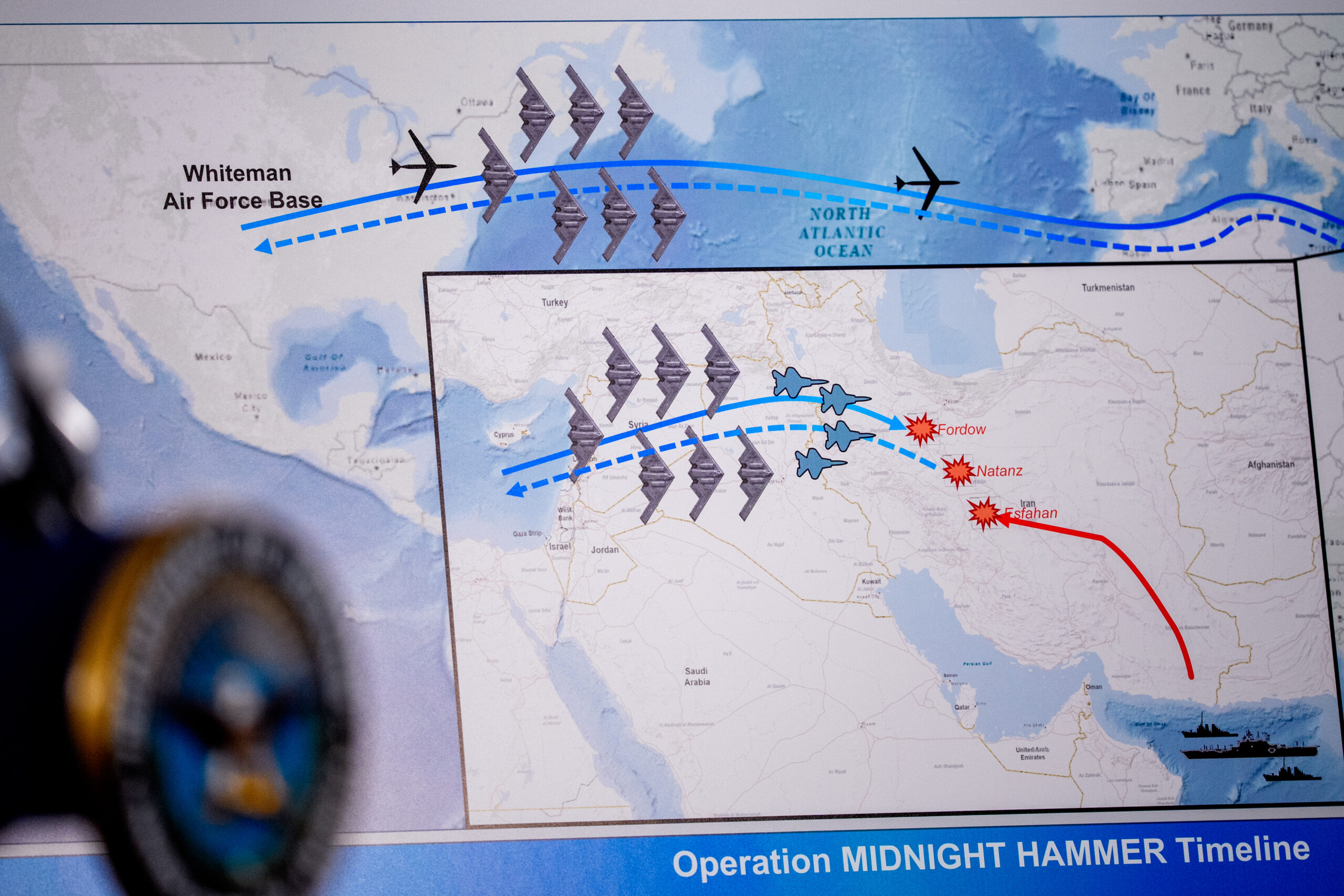
"…The parliamentary vote follows a surprise American attack on Iran’s three main nuclear facilities — Natanz, Isfahan, and Fordow — early Sunday morning."

"…Yet those who hate the regime (and there are plenty) wouldn’t be seen dead protesting as the bombs are landing, for fear that their protests become confused with treachery, crossing a massive red line marked 'Iranian nationalism,' which is stronger than we all imagine."
"…Instead of plunging America into another endless conflict, Trump may have done the opposite: broken the cycle."
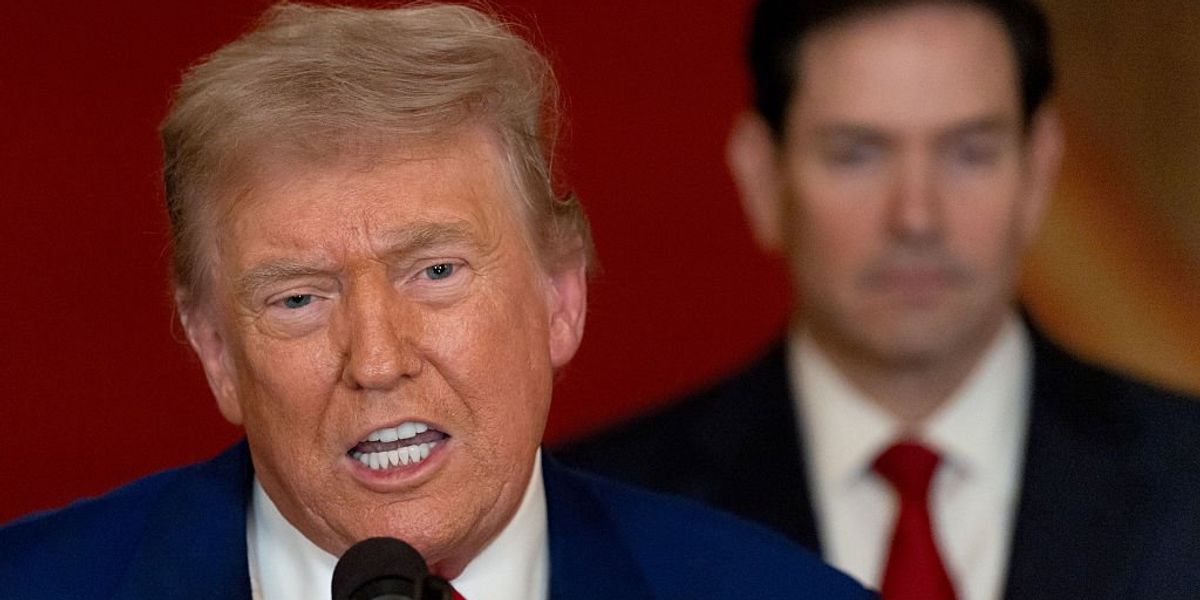
"…The markets likely saw the limited attack as a de-escalation of tensions, as Iran signaled that it needed to save face but did not want to antagonize the U.S. any further."
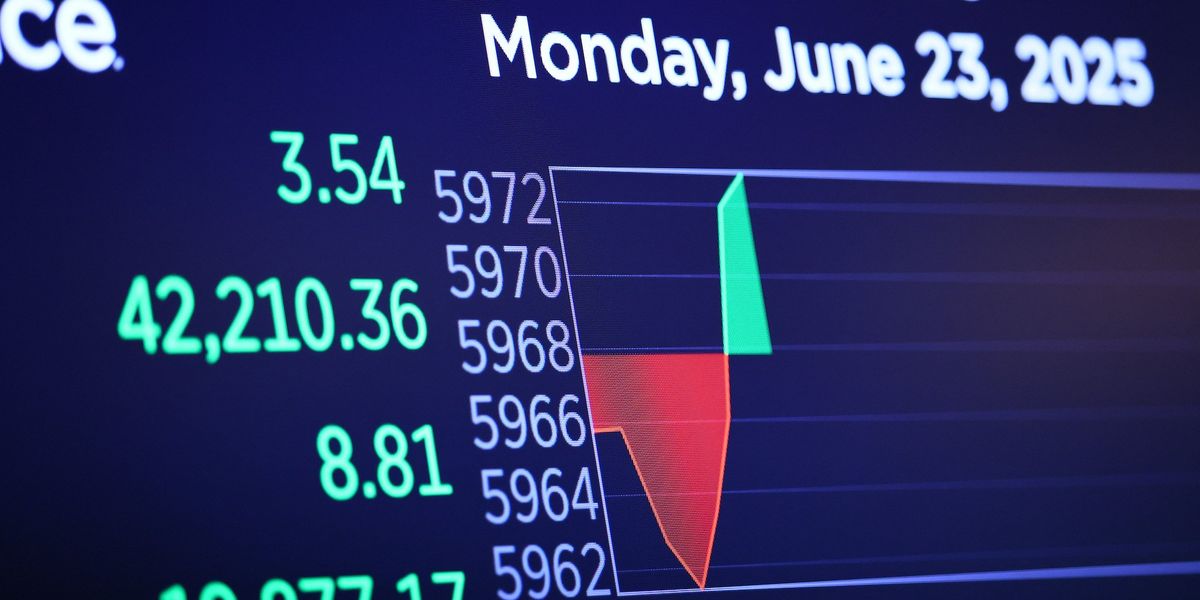
"…The ongoing Iran conflict is causing a heightened threat environment in the United States."

"…Despite the geopolitical shock, the modest scale of the rally suggested traders were not yet pricing in a prolonged disruption to global supply—or doubted that Iran would escalate in a way that threatens oil flows."
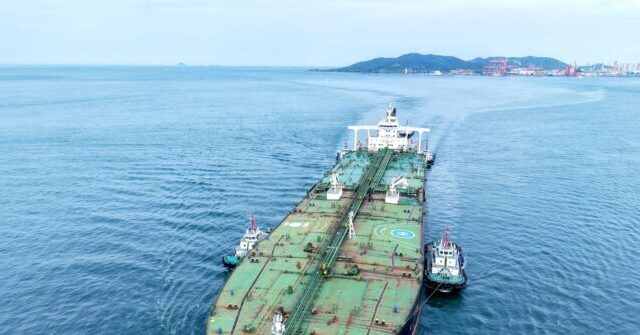
"…A closure could disrupt roughly $1 billion in oil shipments daily."
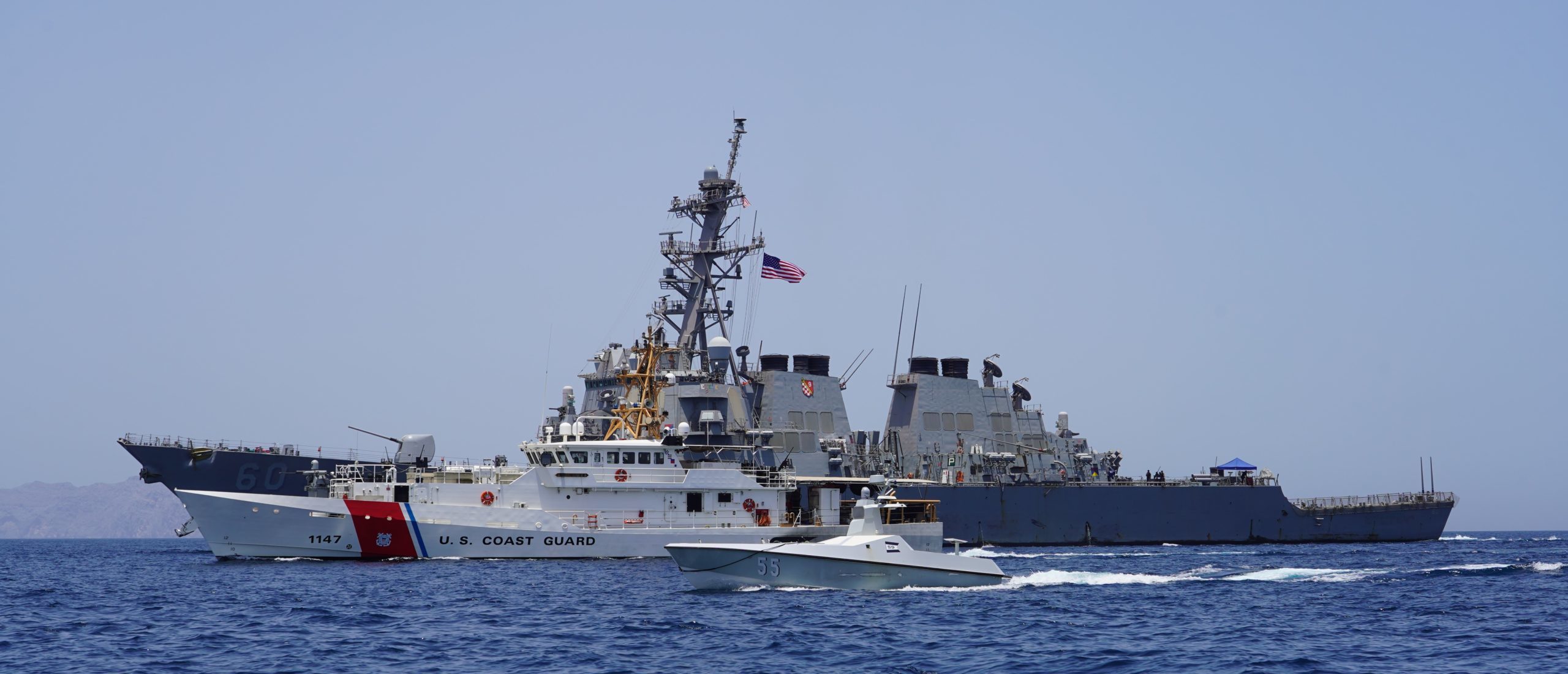
"…Crude oil prices plummeted by more than 7 percent on June 23 as investors were optimistic that Iran’s limited retaliation could lead to a de-escalation in the Middle East."
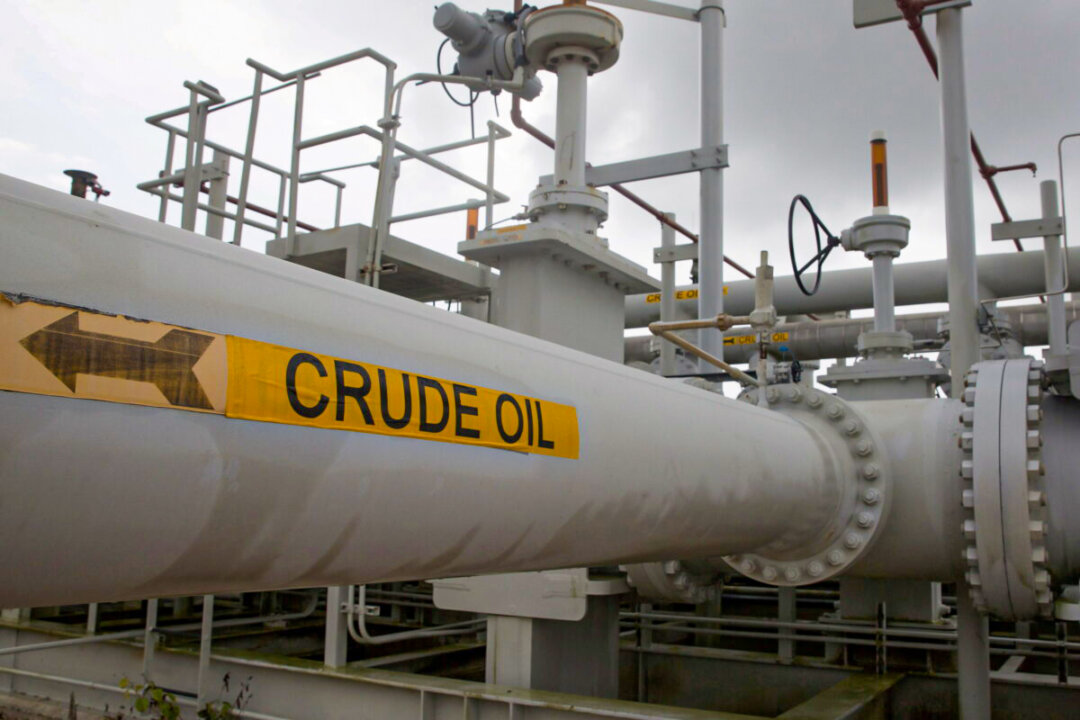
"…Closure could disrupt supply and drive up prices."
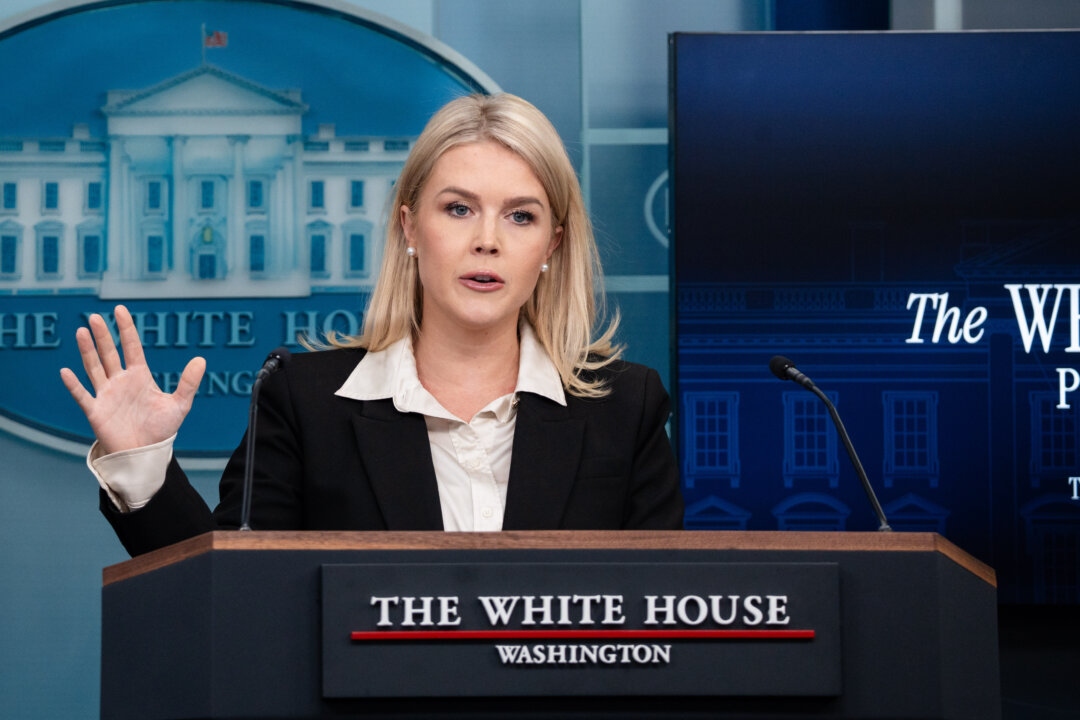
FAQ
The Strait of Hormuz is a critical chokepoint for global energy security, with about 20% to 21% of the world's oil supply, approximately 20 million barrels per day, transiting through it. It also handles roughly one-fifth of global liquefied natural gas trade, making it vital for international energy markets.
Trump's announcement of a ceasefire in the Israel-Iran conflict led to a surge in global stock markets, including major European indexes such as Germany's DAX and France's CAC 40, and caused oil prices to drop, reflecting reduced geopolitical risk and easing concerns over shipping through the Strait of Hormuz.
Iran threatened to close the Strait of Hormuz in response to U.S. military actions in the region, using the threat as leverage against Western pressure due to the strategic importance of the strait for global oil shipping routes.
Following the ceasefire announcement, global leaders expect the U.S. to intervene to ensure the safety and security of shipping routes in the Strait of Hormuz, aiming to prevent disruption of oil flows and maintain stability in the region.
History
- 11h

 74 articles
74 articles
- 23h

 8 articles
8 articles
- 1d

 14 articles
14 articles
- 1d

 14 articles
14 articles
- 1d

 5 articles
5 articles
- 1d

 11 articles
11 articles
- 2d

 5 articles
5 articles
- 2d

 6 articles
6 articles
- 2d

 4 articles
4 articles